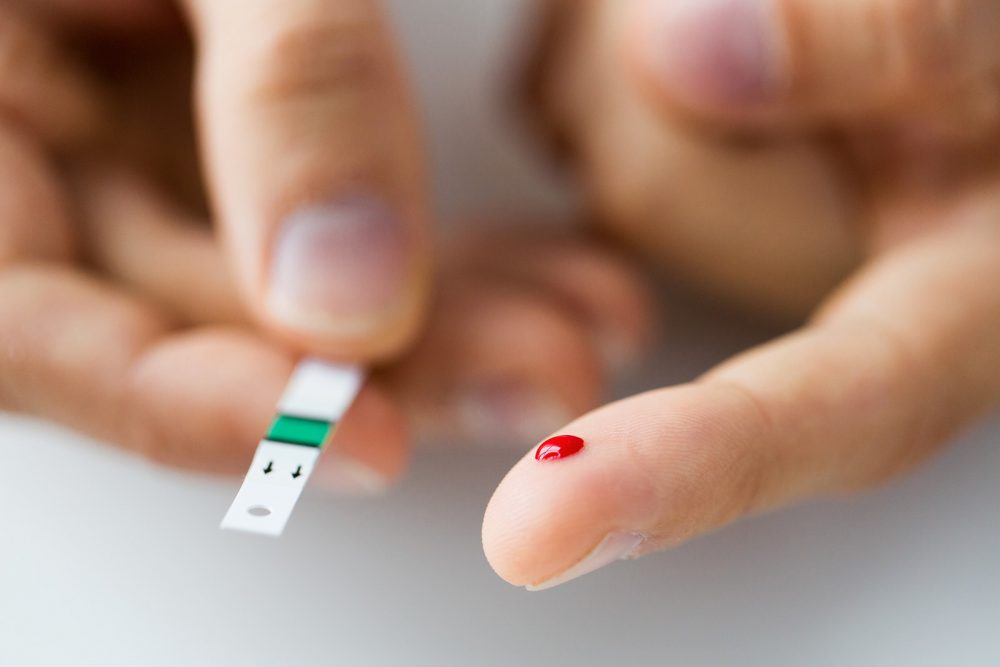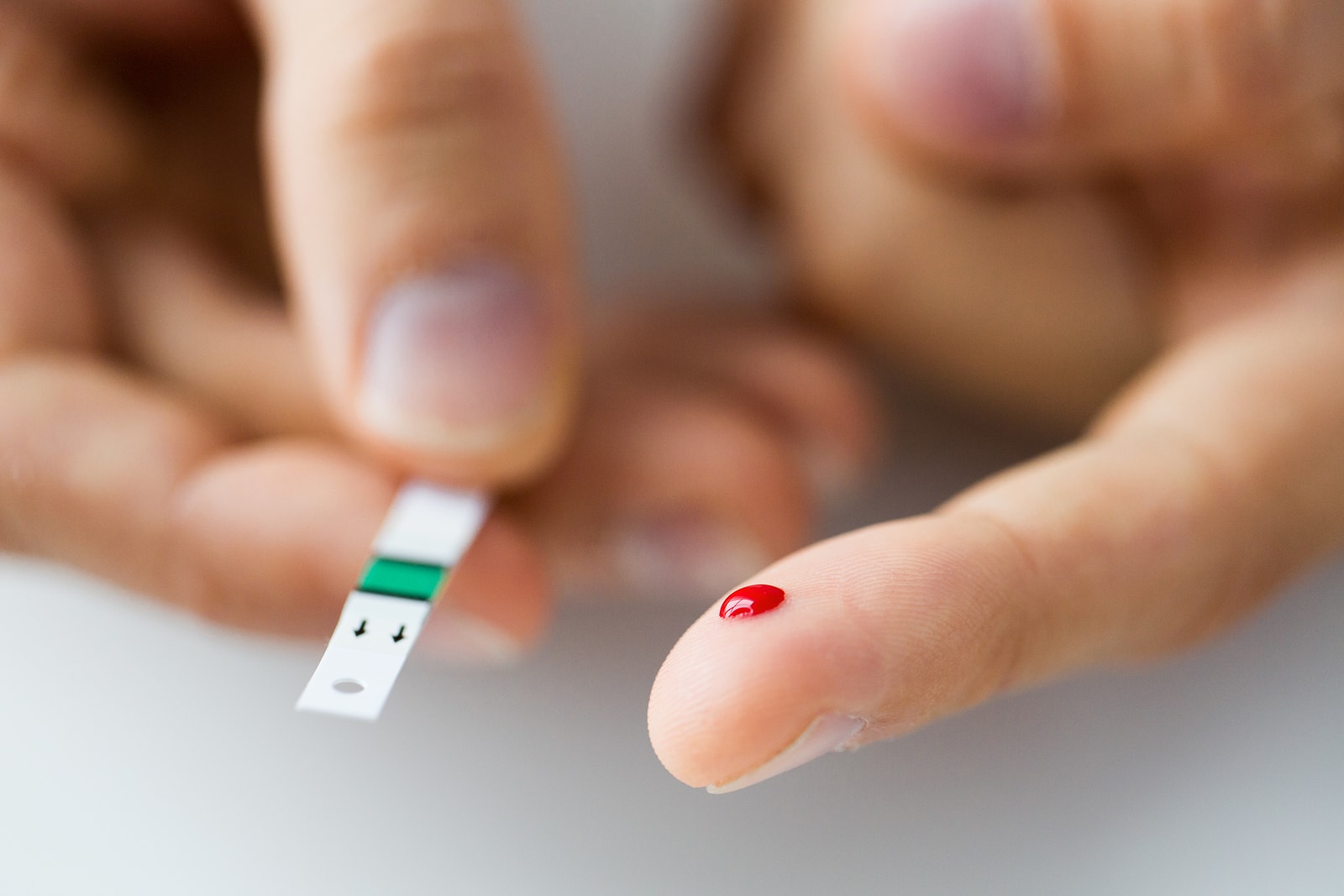
An Israeli drug maker says trials on its experimental oral insulin have proven effective in markedly reducing night-time blood glucose levels in patients with type 2 diabetes.
Oramed Pharmaceuticals conducted a 28-day study of 180 adults with type 2 diabetes and reported promising results and no serious drug-related adverse impacts, the company said in a news release.
Test subjects included those whose symptoms weren’t adequately controlled by metformin, a commonly used drug in treating type 2 diabetes. They received the medication before going to bed, and their blood glucose levels were monitored continuously overnight.
Compared to a placebo, those receiving oral insulin had a mean glucose reduction of about 6.5%.
“This demonstration of safe and effective oral insulin delivery represents a transformative event in the treatment of type 2 diabetes,” Oramed CEO Nadav Kidron said. “We are delighted with the results and look forward to moving into Phase III trials.”
Prior to the trials, some scientists believed that insulin couldn’t be delivered orally because digestive juices would damage it. However, the Orated product includes a protective coaching and a dose that’s high enough that, even if some of the insulin is destroyed, there’s enough surviving to deliver a beneficial amount.
“These are very impressive results that confirm the efficacy of orally delivered intestinally absorbed insulin,” said Michael Berelowitz, who heads Oramed’s Scientific Advisory Board. “The promise of this more physiological delivery system for insulin is the inhibition of hepatic glucose production, which was clearly demonstrated via the significant reduction in night-time glucose levels.”
You Might Also Enjoy: Synthetic Insulin Patch Developed to Control Diabetes
Established in 2006, Oramed “has developed a unique proprietary platform technology that allows for the oral delivery of drugs presently administered only via injection,” according to its website. The company also is developing a hormone that stimulates the secretion of insulin from the pancreas.
For more details about the oral insulin trials, click here.
Potential impact
If additional tests continue to demonstrate the efficacy of oral insulin, what does that potentially mean for diabetes sufferers?
In addition to users being able to avoid injections, oral insulin “comes much closer to the path of natural insulin, which is produced in the pancreas and goes directly to the liver,” Reuters said, indicating that injected insulin circulates throughout the body. Some doctors believe this creates added health risks.
Diabetes Statistics
About 29.1 million Americans, or 9.3% of the population, had diabetes in 2012, according to the American Diabetes Association. About 8.1 million of those people were undiagnosed.
In addition, roughly 1.4 million Americans are diagnosed with diabetes each year, and 86 million Americans ages 20 and older have pre-diabetes.
Diabetes was the seventh-leading cause of death in the United States in 2010. There were 69,071 death certificates that year listing it as an underlying cause of death.
The association said the total costs of diagnosed diabetes in the U.S. in 2012 was $245 billion.
Diabetes is associated with stroke, kidney disease, blindness and other eye problems, heart attack rates and hypertension, among other ailments.









